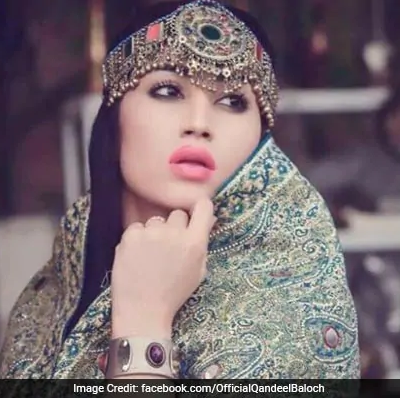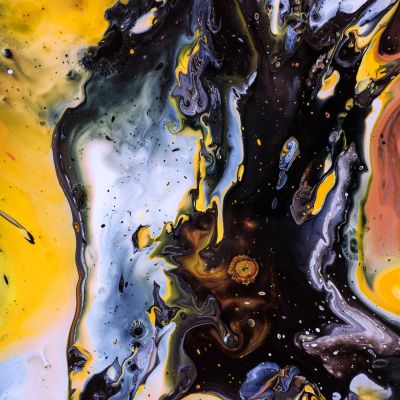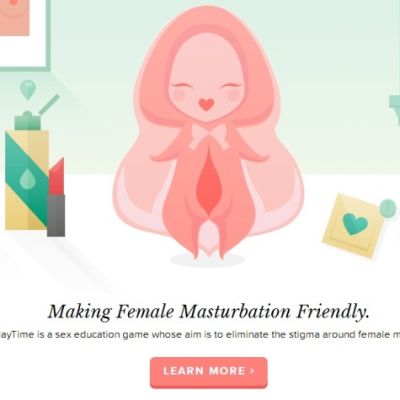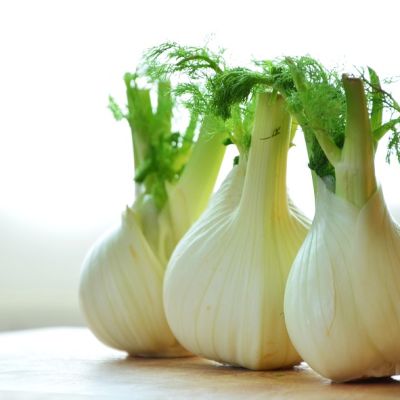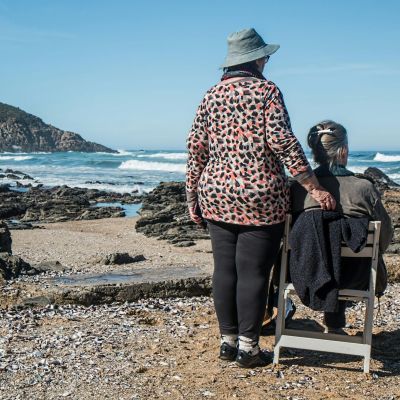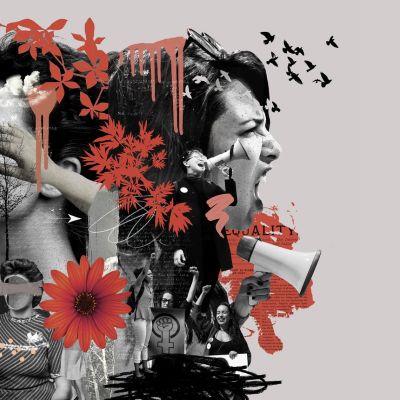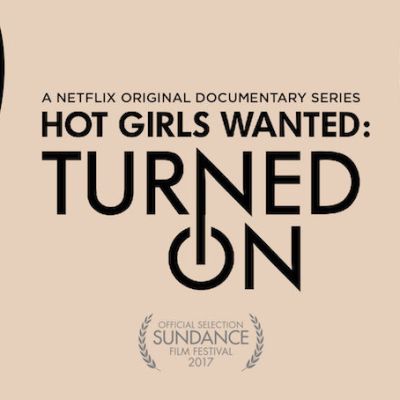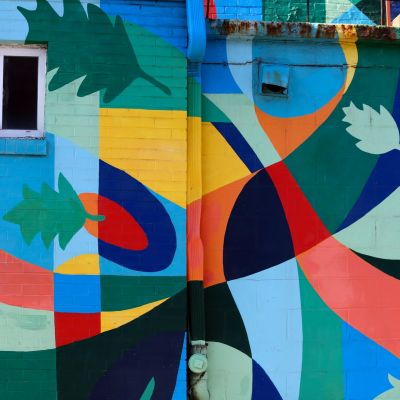Social Media
Thousands of young women in conservative societies across North Africa, the Middle East, and South Asia are being shamed or blackmailed with private and sometimes sexually explicit images. A look at how smartphones and social media are colliding head-on with traditional notions of honour and shame.
There’s always another way of presenting a look, attire, accessories and bodies; of presenting the way we feel about ourselves and our sexuality, of presenting an acceptance of diversity.
Fouzia Azeem, more popularly known as Qandeel Baloch,was called Pakistan’s Kim Kardashian. Madiha Tahir, a journalist and filmmaker who is interviewed in the documentary,questions this comparison. To quote her: “She (Qandeel) is not Kim Kardashian at all. She is not famous for being rich. An upper-class woman would have her class protection and it’s unlikely that an upper-class woman would be supporting her family from these social media videos.”
Five snippets from three months. In August, Indian actress Poonam Pandey dons a bikini for the ALS Ice Bucket Challenge…
“I’m afraid because I bring to bed more than just one soul of a scared conflicted boy. I’m bringing to bed a whole army that not only runs the streets within me but also spills out over my body and the body of the boy next to me.”
We are plugged in to all kinds of data from a variety of sources, through technology, and even a window view of this space is like stepping into a global COVID control data centre. We are standing up to be counted, to be seen, to do, to contribute, to advocate, to remind, to rectify and restore, to strengthen a growing network of support and response to crisis on a scale we have neither been able to process or measure.
There are times when we bend the rules and draw on the walls. This is one of those times. We listened in on some of the chatter online on the subject of consent and we ended up with some questions.
Being a journalism student once, and having a network of seniors and batch mates who came from a journalism background,…
In the media and in private life, conversations about consent, hostile environments and power began, and there was a growing acknowledgment that a man’s unwanted sexual overtures were a symptom of broader social and political forces.
The film Hot Girls Wanted followed the journey of five young women aged 18-25 years as they joined the pornography industry and also looked more broadly at at women in this age group and their motivation to join.
We are, all of us, trying to hold steady, and to hold space for each other and for ourselves. And so, instead of trying to put together a collection of ‘all new’ articles, this time we are republishing some ‘ever fresh’ ones on the theme of Sexuality and Representation.
While we are struggling with the vicissitudes brought on by the pandemic we are also forced to spend more time online, to look for resources in terms of health care or caregivers, to reach out to people and build a communities of care, to take a break, or to try and hook-up online for a while.
A space can make us feel constricted or liberated, and sometimes even both at the same and at varying times. The combination of spaces that we may be occupying in the moment, as well as those we have in the past, predisposes us to act, feel and experience our sexuality in different ways.
The promises of the Internet are, of course, highly contextual. The Internet will mean very different things to a person who has access to their own mobile phone in a city with a reliable and affordable broadband or WiFi connection, as compared to someone who does not have access to a reliable Internet connection or who is unable to go to a shop to exchange downloaded songs and clips through an SD card.



